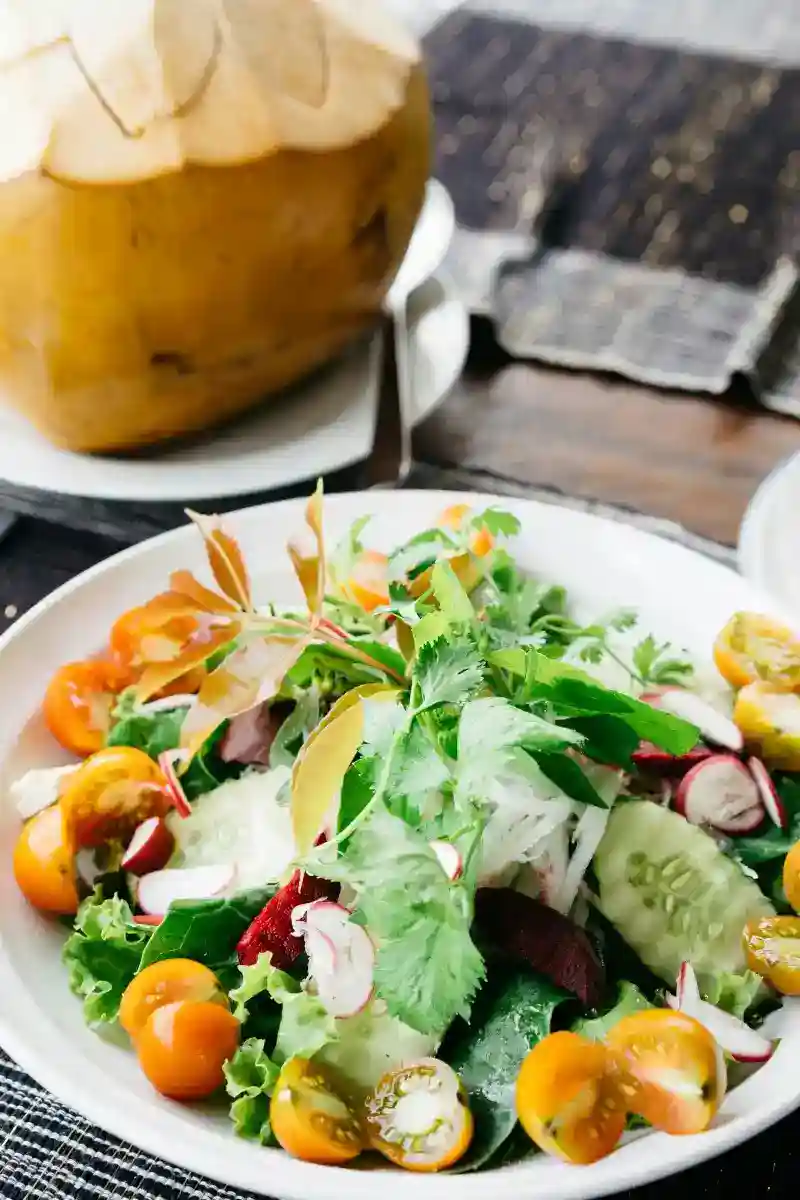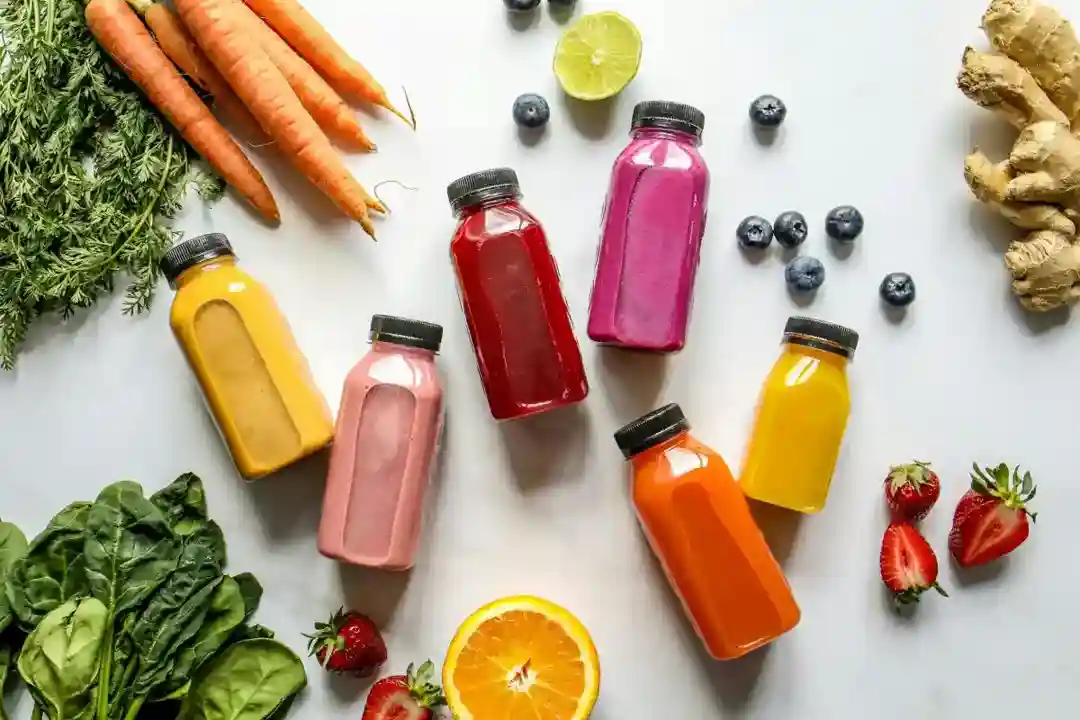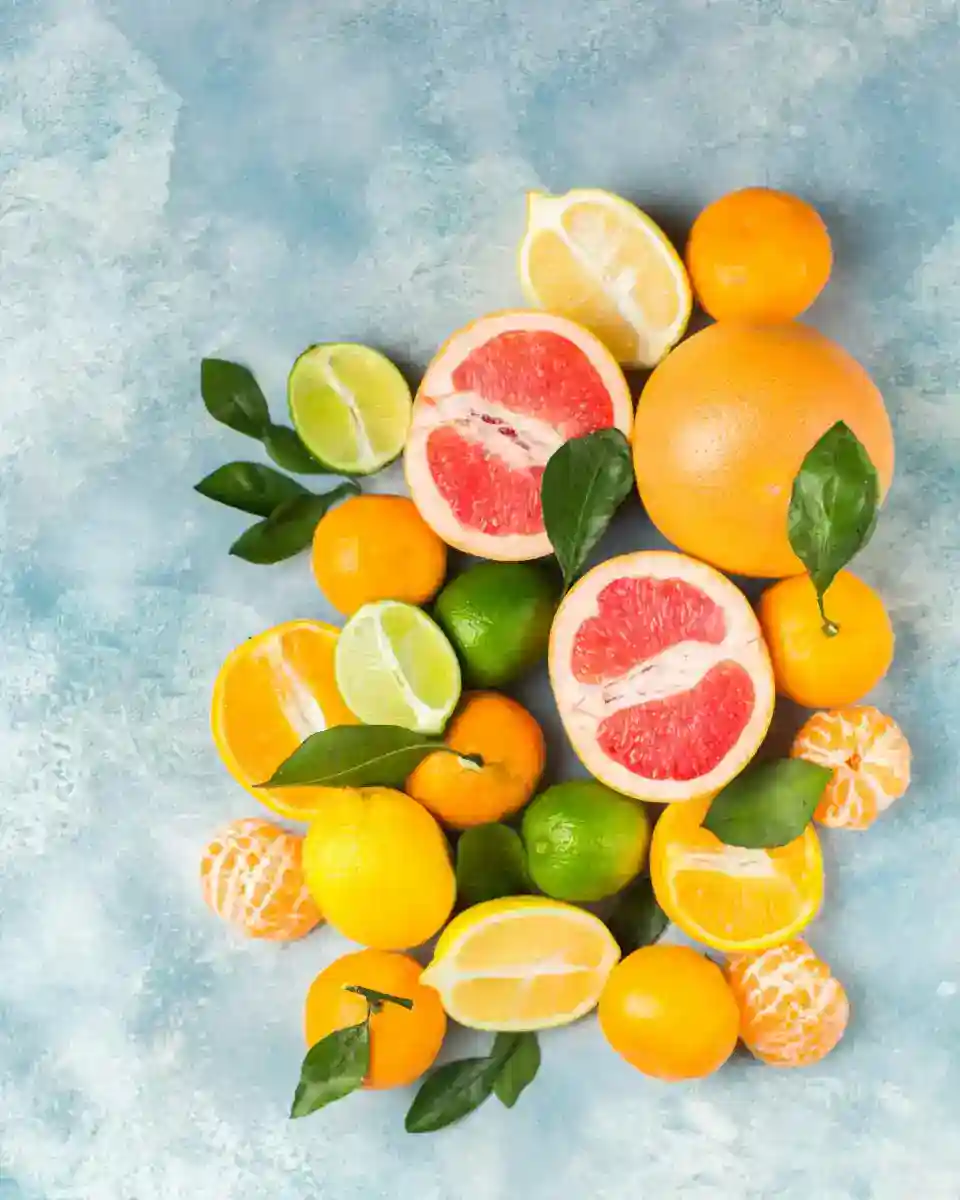Vegan Diet: What to Eat Benefits and Is it Healthy for You?

Unlocking the Secrets of a Balanced Vegan Diet: Health, Ethics, and Environment
The vegan diet has gained immense popularity, with people adopting it for various reasons including ethics, the environment, and health. This plant-based diet can bring about several health benefits such as improved blood sugar control heart health and even weight loss. However its crucial to be aware that a diet consisting solely of plant foods can sometimes lead to nutrient deficiencies. This comprehensive guide aims to provide everything you need to know to follow a vegan diet in a healthy and balanced way.

What Foods Do Vegans Eat and Why is the Vegan Diet Healthy?
This means avoiding all animal products including meat eggs and dairy. People choose to follow a vegan diet for various reasons such as ethics environmental concerns or health benefits.

Exploring the Variety of Vegan Diets: Which One is Right for You?
Diets most common include the whole food vegan diet which is based on a wide variety of whole plant foods. Raw food vegan diet also consists of raw fruits vegetables nuts seeds or plant foods cooked at temperatures below 118 degrees. It is a raw food vegan diet that limits fat-rich plants and relies mainly on raw fruits and soft greens. Diet starch solution is a low fat high carb vegan diet that focuses on cooked starches like potato rice and corn. Raw till 4 is a low fat vegan diet inspired by the 80/10/10 diet and starch solution. The thrive diet is a raw food vegan diet that follows plant-based whole foods that are raw or minimally cooked at low temperatures. Lastly there is the junk food vegan diet which lacks whole plant foods and relies heavily on processed foods.

Vegan Diets: A Path to Thinner and Healthier Living
Vegan diets have been found to be highly effective for weight loss. Studies have shown that vegans tend to be thinner and have a lower body mass index bmi compared to non-vegans. This could be due to various factors including a healthier lifestyle and a diet. However vegan diets have been proven to be more effective for weight loss even when controlling for external factors. This advantage persists even when compared to whole food diets recommended by organizations like the american dietetics association and the american heart association. One reason for this could be the higher dietary fiber intake on a vegan diet which can lead to feeling fuller and naturally eating fewer calories.

Vegan Diet Benefits: Lower Blood Sugar and Diabetes Risk
Adopting a vegan diet may help keep your blood sugar in check and type 2 diabetes at bay. There are several studies which show that vegans benefit from lower blood sugar levels higher insulin sensitivity and up to a 78 lower risk of developing type 2 diabetes than non-vegans. In addition, vegan diets reportedly lower blood sugar levels in people with diabetes up to 2.4 times more than diets recommended by the ADA, AHA, and NCEP.

Vegan Diet Benefits: How a PlantBased Lifestyle Can Improve Heart Health
Studies have shown that vegans may have a 75% lower risk of developing high blood pressure and a 42% lower risk of dying from heart disease. Additionally vegan diets have been found to be more effective at reducing blood sugar ldl bad cholesterol and total cholesterol compared to other diets. These benefits could significantly reduce heart disease risk by up to 46.

Unlocking the Power of a Vegan Diet: Exploring its Health Benefits and More
A vegan diet has been linked to several health benefits including a 15 lower risk of developing or dying from cancer reduced symptoms of arthritis better kidney function for people with diabetes and possibly a lower risk of alzheimers disease. However its important to note that most of these studies are observational which makes it difficult to determine if the diet directly caused these benefits. In order to make strong conclusions more research is needed specifically randomized controlled studies.

What Do Vegans Eat and Can They Drink Coffee?
Vegans avoid consuming any animal flesh animal byproducts or foods containing an ingredient from animal origin. This includes meat and poultry, fish and seafood, dairy, eggs, bee products, and any animal-based ingredients.

What Do Vegans Eat? A Comprehensive Guide to a Healthy PlantBased Diet
Health-conscious vegans substitute animal products with plant-based replacement. This includes tofu, tempeh, and seitan, which provide a versatile protein-rich alternative to meat, fish, poultry, and eggs. Legumes like beans lentils and peas are also excellent sources of many beneficial plant compounds and nutrients. Nutty products such as unblanched and unroasted varieties are good sources of iron fiber magnesium zinc selenium and vitamin e seeds like hemp chia and flaxseeds contain a good amount of protein. Calcium-fortified plant milk and yogurt help vegans achieve their recommended dietary calcium intake. Algae such as spirulina and chlorella are good sources of protein and iodine. Nutritional yeast is an easy way to increase the protein content of vegan dishes and add an interesting cheesy flavour. Whole grains, cereals, and pseudocereals are a great source of complex carbs, fiber, iron, b vitamins, and several minerals. Sprouted and fermented plant foods such as ezekiel bread and kimchi often contain probiotics and vitamin k2. Fruits and vegetables are also great foods to increase your nutrient intake, with leafy greens like bok choy and kale being particularly high in iron and calcium.

Vegan Diet Essentials: Navigating NutrientRich Foods for a Healthy Lifestyle
Vegans may be at an increased risk of certain nutrient deficiencies. A well-planned diet that limits processed foods and replaces them with nutrient-rich ones is important for everyone not just vegans. This includes ensuring an adequate intake of vitamin b12 vitamin d long-chain omega-3s iodine iron calcium and zinc. Vitamin b12 deficiency for example can lead to fatigue weakness and neurological problems. Vitamin d is crucial for bone health and iron is essential for healthy red blood cells. A diet rich in these nutrients can help mitigate these risks. Fortified foods such as plant-based milk and cereals can also contribute to meeting the daily nutritional needs.

Vegan Supplements: Filling the Nutritional Gaps in a PlantBased Diet
Vegans who struggle to meet their daily nutritional requirements through food and fortified products may benefit from certain supplements. Vitamin b12 is particularly beneficial in cyanocobalamin form. Vitamin d sourced from d2 or vegan d3 is also recommended. Epa and dha sourced from algae oil are another important supplement. Iron supplements should only be taken in cases of documented deficiency as excessive intake can cause health complications. Iodine can be obtained through supplements or by adding iodized salt to your diet. Calcium and zinc supplements are also available with specific guidelines for intake to avoid reducing the absorption of other nutrients.

Exploring the Variety of Vegan Meals: A Weeks Worth of PlantBased Delights
Here is a summary of the vegan sample menu for a week highlighting the variety of tasty plant-based meals you can enjoy. Starting from monday you can have a vegan breakfast sandwich with tofu lettuce tomato turmeric and a plant-milk chai latte followed by a spiralized zucchini and quinoa salad with peanut dressing for lunch and a red lentil and spinach dal over wild rice for dinner. Throughout the week, youll have a range of meals including overnight oats, seitan sauerkraut sandwiches, pasta with lentil bolognese sauce, and jacket sweet potatoes with various toppings. Using different meals each day ensures you vary your sources of protein and vegetables to get the necessary vitamins and minerals. This plan is designed to be simple and covers a weeks worth of vegan meals.

Dining Out as a Vegan: Tips for a StressFree Experience
Dining out as a vegan can be challenging but being well-prepared can significantly reduce stress. One effective way to start is to identify vegan-friendly restaurants ahead of time using websites like happycow or apps like veganxpress and vegman. When dining in a non-vegan establishment scanning the menu online beforehand can also help you find suitable options. Sometimes calling ahead of time allows the chef to arrange something special for you. When choosing a restaurant on the fly ask about their vegan options as soon as you step into. Certain ethnic restaurants, such as mexican, thai, middle eastern, ethiopian, and indian, tend to have dishes that are naturally vegan or can be easily modified to become so. Once in the restaurant, try identifying vegetarian options on the menu and asking if dairy or eggs can be removed to make the dish vegan. Another easy tip is to order several vegan appetizers or side dishes to make up a meal.

Healthy Vegan Snacks for Energy and Satisfaction
Healthy vegetarian snacks are a great way to stay energized and keep hunger at bay between meals. They are portable, fiber-rich, and protein-rich, making them convenient options to help minimize hunger. Some interesting options include fresh fruit with a dollop of nut butter hummus and vegetables and roasted chickpeas. Additionally, you can try nutritional yeast sprinkled on popcorn, nut and fruit bars, trail mix, chia pudding, homemade muffins, whole wheat pita with salsa and guacamole, cereal with plant milk, edamame, and whole grain crackers with cashew nut spread. Even a plant-milk latte or cappuccino with dried seaweed snacks can be a satisfying option. Whenever planning a vegan snack its best to opt for fiber- and protein-rich options to keep hunger away.

Here are some frequently asked questions about veganism.
Here are some frequently asked questions about veganism. Definitely not. Although some vegans choose to follow this type of vegan diet raw veganism is not for everyone. Many vegans eat cooked foods and there is no scientific basis for you to eat only raw foods.

What to Know About a Vegan Diet: Benefits, Foods, and More
A vegan diet excludes all animal products focusing on plant-based foods. Vegans eat a wide variety of foods including fruits vegetables grains and legumes. This diet can provide numerous health benefits such as reducing the risk of heart disease and diabetes. Some vegans also follow an alkaline diet which emphasizes foods that are believed to have an alkaline effect on the body. When it comes to specific foods vegans can eat rice and a variety of grains but they must avoid all animal-derived foods. Even beverages like coffee are acceptable as long as they are not made with animal products.